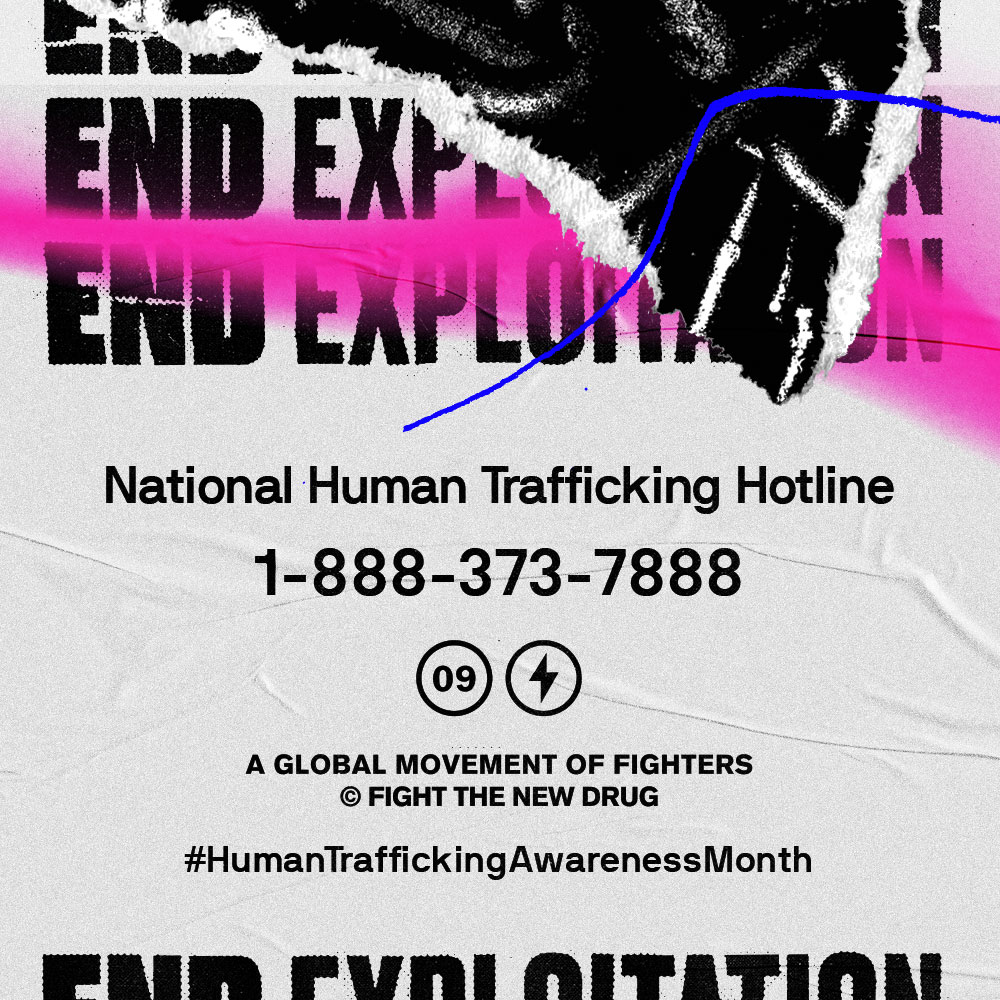Recently, we posted a blog that shone a light on how different industries people come into contact with on a regular basis—like hospitals and hotels—are stepping up to fight human trafficking.
Whereas training employees to spot trafficking survivors is normally up to the individual company, two new California laws actually require transit, hotel, and motel employees to undergo human trafficking awareness training.
Check out what this could mean for future awareness efforts around the world.
What do the laws do?
To give you some background, these two new laws “require human trafficking awareness training in industries where workers are likely to encounter trafficking victims.”
The first law involves transit employees by compelling them “to undergo at least 20 minutes of human trafficking awareness training,” while the second law requires hotel and motel employees to take part in similar trainings.
Not only does it mean that “…[California] has another tool to combat human trafficking…” says an assembly member who introduced one of the laws, but it also means that “communities of color, including women and children,” who are disproportionately affected by human trafficking—at least three quarters of reported sex trafficking victims—will receive significantly greater protection. Cool, right?
The supervising attorney of a law center that supported the bill, Ruth Silver-Taube, expressed excitement when discussing the potential of the laws. Over email, she wrote that people are expecting both laws “to result in increased identification of trafficking survivors.”
What makes these laws different than others?
Anti-human trafficking laws are passed in order to fight for trafficking survivors on the regular, so what makes these laws worth talking about?
Well, there are two big reasons.
1. Fighting trafficking is a job for everyone
The first reason is that these laws highlight how fighting human trafficking isn’t a job that is exclusively for law enforcement. It’s also for people like you.
Take Oklahoma-based initiative Truckers Against Trafficking (TAT), for example. The nonprofit trains trucking and travel plaza industry members to combat trafficking.
Truck drivers are not police officers, but they happen to make stops at a number of places where human trafficking is very prevalent—public rest stops, travel plazas, restaurants, hotels and more—making the idea to get them involved in the fight a brilliant one.
Watch: Brain, Heart, World, Fight the New Drug’s three-part documentary series uncovers how porn and trafficking are connected
And the idea has the results to back it up! 573,200 TAT members, men and women like any of us, have made 2,126 calls that have helped over 1,000 victims.
Similarly to TAT, these California laws will get numerous people involved in the fight against trafficking who normally wouldn’t be.
When looking at the optimum number of staff members to take care of 10 hotel rooms, the World Tourist Organization (WTO) recommends 8 for a three-star hotel, 12 for a four-star hotel, and 20 for a five-star hotel. This means that the second California law, which requires hotel and motel employees to undergo training, will lead to thousands upon thousands more vigilant Fighters throughout California.
Related: By The Numbers: How Porn And Sex Trafficking Are Inseparably Connected
And those Fighters become all the more important when noting that, according to the National Human Trafficking Hotline, “California has had the highest number of reported cases (1,305) of human trafficking in the country over the last six years.”
Imagine what would happen if all 50 states in the U.S. had some kind of training like this for people in the service industries?
2. How the hotel, motel, and transit industries unintentionally facilitate trafficking
Secondly, these laws are worth talking about because they shine a light on the industries that are notorious for facilitating trafficking.
As we mentioned earlier, the transit industry can promote human trafficking as it is makes it all too easy for traffickers to transport their victims for trade or sale to a larger population of buyers.
That may seem like an obvious one. But did you know the hotels and motels people often visit with their families, friends, or sports teams are common locations for traffickers and their victims? It may seem much less obvious, but it’s no less true.
Fast Company, a respected business media brand, even went as far as to tout hotels as the “key in the fight to end[ing] human trafficking” in a 2017 article.
You can fight, too
Human trafficking happens everywhere, and it requires much more than legislation to truly tackle. You, too, have the ability to fight.
But where to start? As an anti-porn organization, we’re constantly raising awareness on how porn and sex trafficking are connected. Try fighting trafficking and exploitation by refusing to click on porn. What do you have to lose?
Click here to learn more about how you can fight trafficking in your everyday life.



